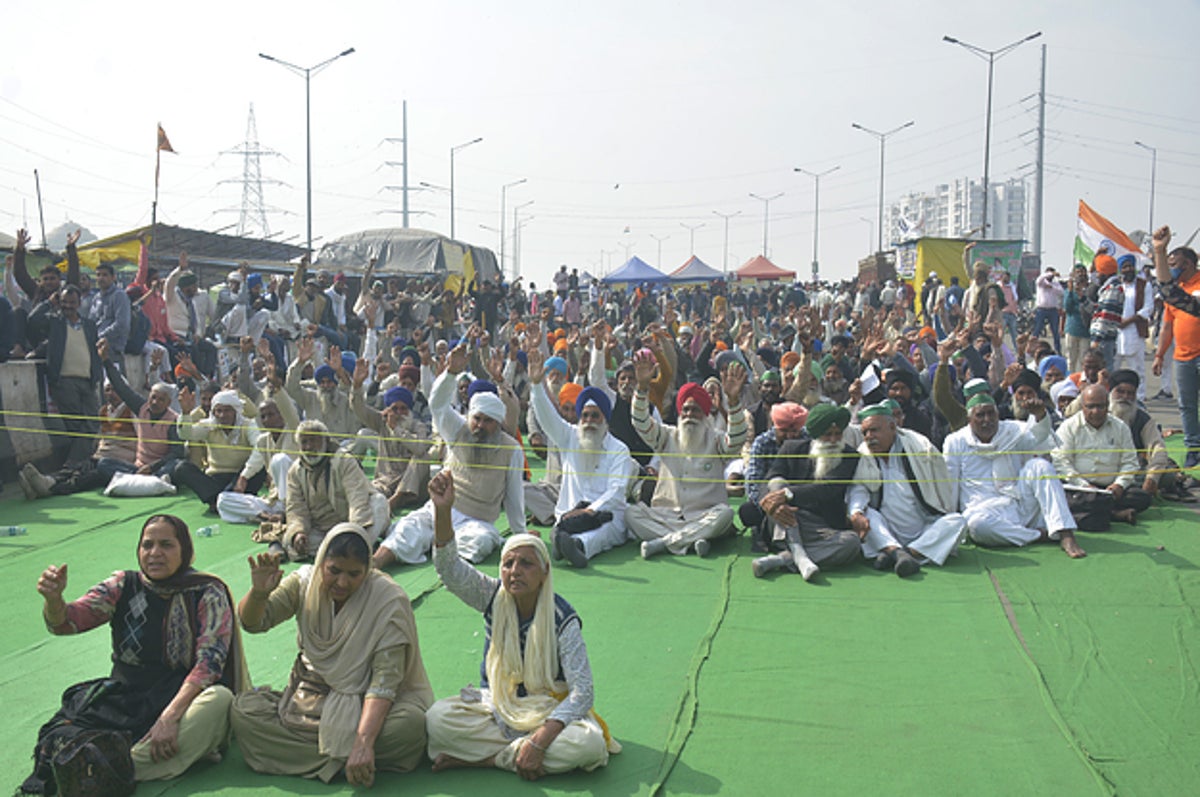Twitter told the Indian government that it would not restrict accounts belonging to journalists, activists and politicians in India, despite receiving an order from the country’s federal government. However, it is preventing an unspecified number of accounts that do not fall into these categories from being viewed internally in the country.
On a blog post published on Tuesday, the company said that while it retained some accounts that the Indian government wanted to block, it would not block others because it would violate freedom of expression.
“Because we do not believe that the actions we were instructed to take are consistent with Indian law and, in accordance with our principles of defense of protected speech and freedom of expression, we take no action in reports that consist of new media entities, journalists , activists and politicians, ”said the Twitter blog post. “Doing so, we believe, would violate your fundamental right to freedom of expression under Indian law.”
The Twitter post comes in the middle of a fight with the government of India, an important market for the company, over the restriction of accounts on the platform. Earlier this month, the company restricted people in India from viewing more than 250 accounts in the country after receiving a legal emergency order from the Indian IT ministry. Among the blocked accounts were Caravan, an investigative news magazine, critics of Indian Prime Minister Narendra Modi and accounts tweeted in support of a farmers’ protest for months that is shaking the country.
But Twitter restored the accounts six hours later, arguing with the Indian government that the accounts constituted free speech and were noteworthy. In response, the government threatened Twitter employees with a fine and up to seven years in prison for violating his order.
The standoff with the Indian government has put Twitter in a difficult spot. Blocking accounts would mean allowing repression against dissent, freedom of expression and journalism by India’s increasingly authoritarian government. But challenging the government means risking legal consequences.
At the blog post published on Tuesday, Twitter said it had taken additional measures, such as banning hashtags with harmful content from the platform, something the government feared could cause real-world violence amid the protest, and permanently suspend more than 500 accounts for violating the Twitter rules.
But the post it also indicates that Twitter is seeking legal redress to restore some accounts it has restricted in the country.
“We will continue to defend the right to freedom of expression on behalf of the people we serve and we are actively exploring options under Indian law – both for Twitter and for the accounts that have been affected,” said Twitter. “We remain committed to protecting the health of the conversation that takes place on Twitter and we firmly believe that Tweets should flow.”
